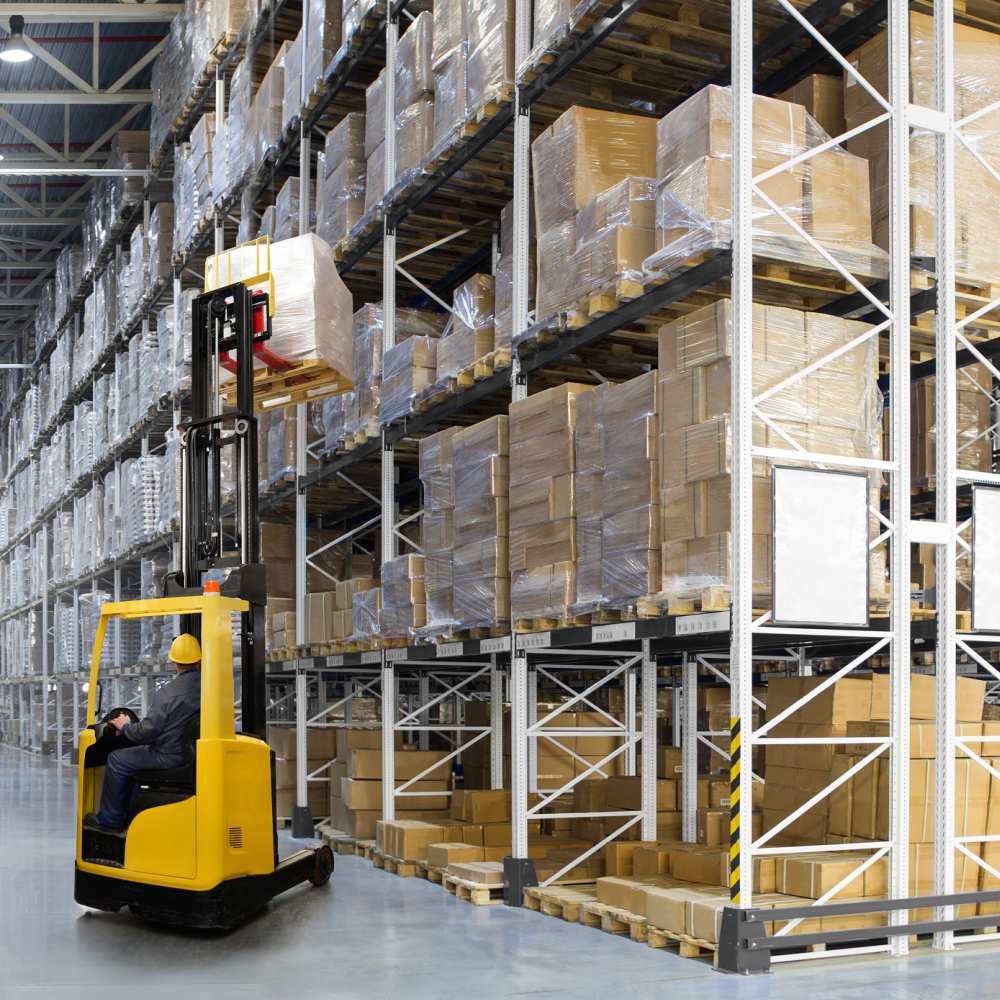To create this new Future of Work, it is imperative to not just understand the driving forces of the trend and their direction, but also address the needs and concerns of the workforce.
Covid-19 has given workers all around the world the chance to reflect on their needs and aspirations, and many want a new model of work. To capture the growing trends, DHL recently conducted Future of Work in Logistics Survey. The findings of this report can be a great learning curve for companies to imbibe and stay ahead in the market…
Are workers ready to adapt to new technologies and acquire new skills?
Having received both positive and negative sentiments about the impact of technology on workers' roles, DHL asked how willing the workforce was to become more digitally proficient and ready to attain new skills. The results were telling… Nearly 9 in 10 logistics employees, across both operations and office work, saw digitalization as an opportunity to learn new skills, and they were ready to do so to remain employable in the wake of digitalization and automation. Similarly, nearly 9 in 10 logistics employees, across both operations and office work, accepted they will need to become savvier about new digital tools and systems.
It was widely agreed that the future is digital, and that change is needed. Even those who did not see automation and AI as threatening, shared the same willingness to adapt and learn as those who did. Logistics leaders should utilize the workforce's enthusiasm and readiness for change to collaboratively transform and shape a Future of Work together.
What is needed to attract and retain talent?
While automation often dominates conversations about the Future of Work, people are and will remain at the core of the logistics industry. Attracting new workers and retaining existing workers should be top priority. When asked logistics employees and an incoming generation of students and trainees to share what needs to be done to improve the industry's retention and attractiveness, fair compensation appeared to be a major and important incentive to attract and retain labor and to be a responsible employer. The issue of higher wages especially for operations workers is being addressed by many industry players right now, as the demand for logistics labor surges coupled with demand from workers for better terms and conditions. Beside compensation, both operations and office workers wanted and valued investment in their own human capital above all else – with top incentives being personal training and coaching, better development perspectives, more varied tasks, and modern technology tools.
Who is responsible for upskilling and training?
Most of the workforce, both in operations and in the office, believed their employer should carry full responsibility or at least share some of it with the individual and/or the government. This sentiment was felt strongest by the incoming generation who consist of young adults and students interested in launching a career in logistics. This may rise from the belief that employers are the instigators and implementors of workplace changes and therefore must be largely responsible for upskilling and training. Meanwhile, in contrast, almost half of upper management thought that the individual should be fully responsible. This could be due to upper management having more access and means to training and development opportunities.
How does the workforce want to work?
Once the fundamentals of training and development have been prioritized, employers can further improve attractiveness and retention by looking at the work preferences of employees and talent pools. The industry appears to be successfully moving towards this new normal of flexible work locations, with the greatest change evident for office workers. Interestingly, 6 in 10 operations workers wanted to work remotely at least once a week, demonstrating their desire to enjoy its benefits. With many in operations also wanting flexible work, supply chain organizations should explore ways to make this more accessible through new HR policies and technologies like teleoperation. Additionally, the Covid-19 pandemic has greatly amplified the use of virtual meetings to conduct business. Here again, age influenced our survey responses. Balancing virtual meetings with in-person meetings and social occasions will be particularly useful for younger and newer workers in every organization.
Source: DHL Future of Logistics Work Survey

Categories

Magazine Editions






















